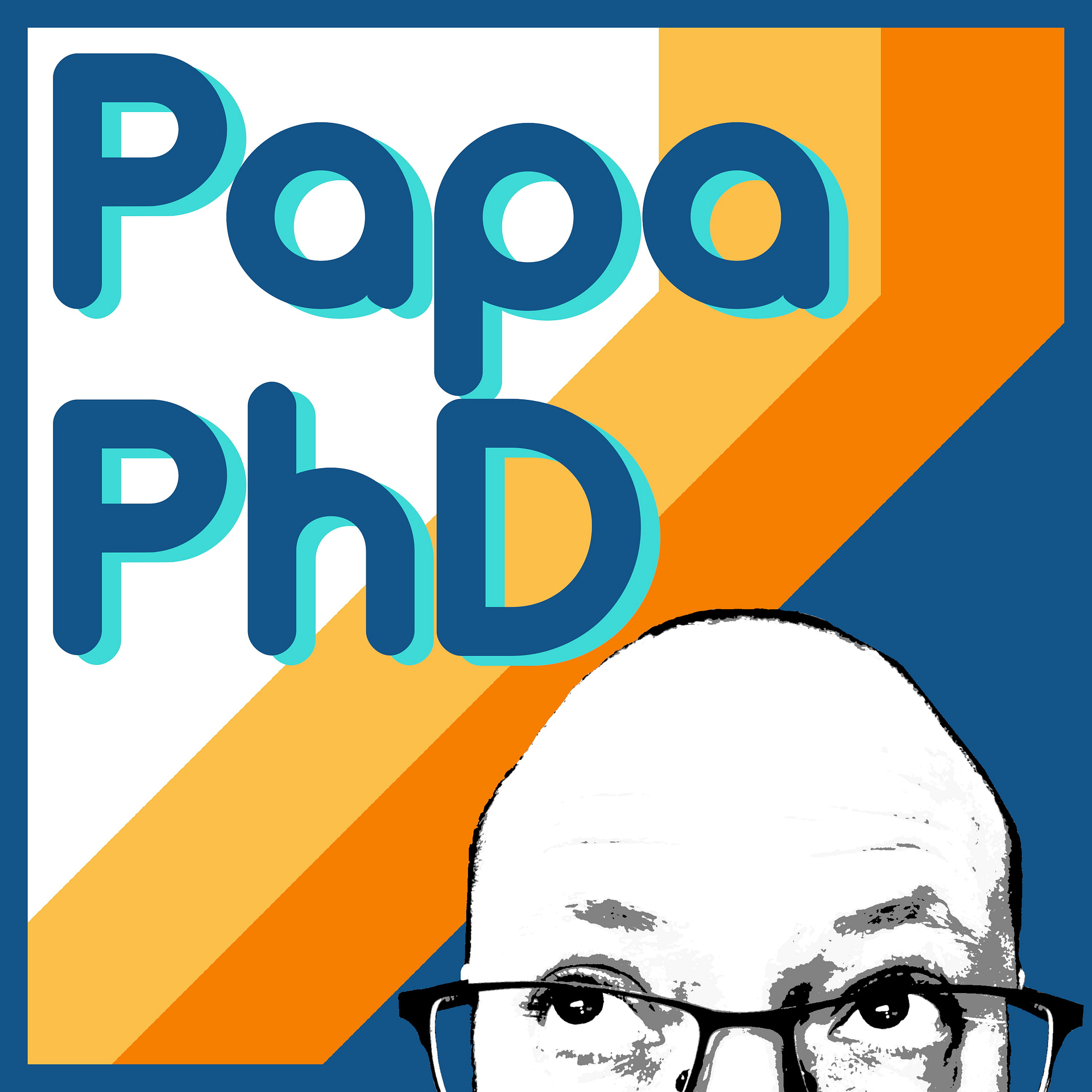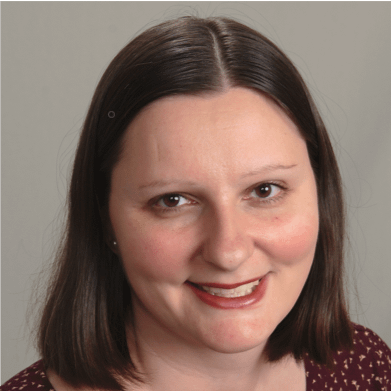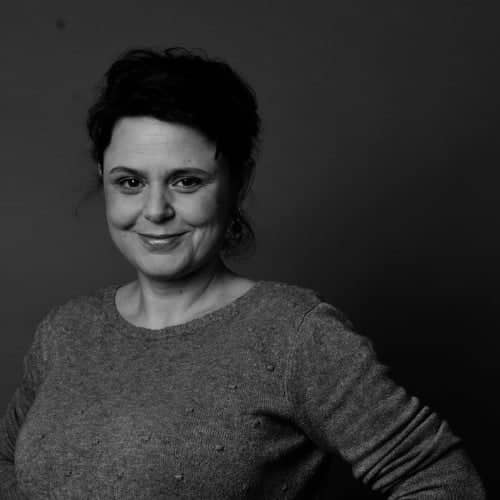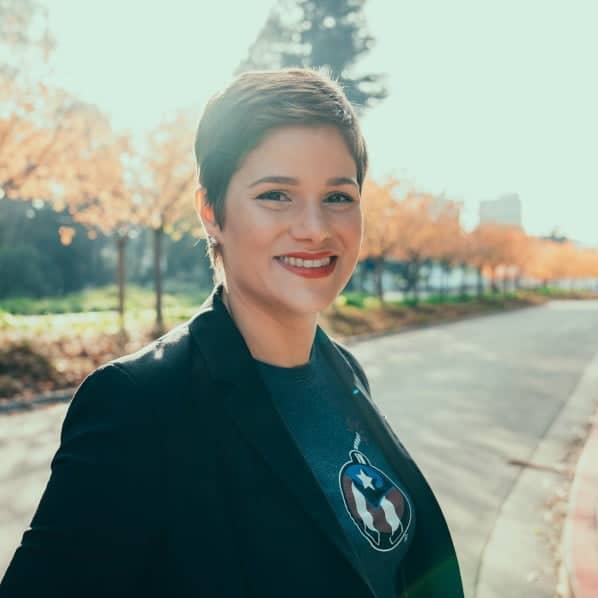This is the third and last part of the special series on science communication during the COVID-19 pandemic.
The world is still very much fighting and trying to understand the COVID-19 pandemic at the moment this episode is airing, so I am bringing you the interventions of my guests on a panel that took place in May, titled “Scientists and the News Cycle – What Role Can We Play?”
In this third part, I discuss with Mónica Feliú-Mójer, Ph.D., with Joana Lobo Antunes, and with Adriana Bankston about how governments have been dealing with the pandemic and specifically about what role the interface between goverments and the scientific community can inform decision making and lead to better outcomes.
Another very interesting conversation about a subject that often takes the backstage
Episode transcript:
David Mendes: I think a lot of very important things are being shared around the table, and I hope that people that are on the live, on Facebook, are appreciating that, too. I see little hearts popping up on the Facebook page, so I think it’s a good sign. Now, in this part, I’ve named it “Can Policies Tip the Scales” and my first question is for Adriana: apart from universities and scientific societies and organizations like we’ve talked up till now, could governments also – and we, all around the table, know the answer to this, and we’ve even said that only governments can – be the final decider in the end? From your position of being in DC, what does that engagement look like from the federal point of view? What have you seen in terms of, initiatives, programs that have been making a difference ever since the crisis started?
Adriana Bankston: I think a lot of this comes down to funding.
So, governments can support universities and also other entities that relate to research and education. There have been bills and supplements coming out, multiple ones around supporting COVID-19 research, vaccines, testing, community events, a lot of different angles of this. And I think if we’re talking about policy makers specifically, obviously they’re busy people, they have a lot of priorities, they have, you know, as I said, they like to hear from constituents, they have the ability to appropriate funds for research and so on. So I think a lot of this, sort of the engagement from the government and policy side has been to hear the advocacy that comes in around the COVID issues and also financially supporting universities.
David Mendes: Now, I had the chance of listening to a conversation that Joana had in Portugal, in Portuguese, not so long ag, and Joana talked about what’s been happening in Portugal and how government has been doing there in managing the crisis at the pandemic.
So, Joana, I heard you mention that Portuguese government has done a very good job in terms of taking decisions and implementing measures based on the input of specialists and of scientists from the medical and scientific community. Can you share with us what you think worked well in the Portuguese case, so far, and why?
Joana Lobo Antunes: Yeah, well, we are extremely fortunate and we are grateful because as you know, in Europe, we are usually paired more with Italy and France and Spain than with Denmark or Austria, and we actually have numbers more similar to those countries than to the Latin ones. And one of the key factors here was that government listened to scientists and they promoted the lockdown early – the other countries locked down much later. When the government in Portugal locked down, when still nobody had died in Portugal and decided to lock down, it was a bit controversial at the time because people were like, “Why are we locking down? We don’t have that many cases”, but they considered it was strategic to lock down early because scientists told them it was important to do so, because we had learned since December the crisis had become in China and had been coming, and coming, and coming, and we know what helped the numbers being maintained low – it’s early lockdown works. And so it was very important.
And also all the authorities, have always been listening to doctors and scientists, and epidemiologists, and virologists. And one other thing that the government did here is that they really… They went out of their way to make processes more flexible, because in order to get those testing that I talked to you about in the beginning, we had to create new rules because otherwise we had to wait like a year to get the testing approved and the protocols approved and everything approved.
So it was a political decision to accelerate the process in order to have science helping society. And it’s an incredible time for science, but I imagine in your countries, most of your countries as well, because nowadays… we used to struggle, we never had science on television and on the news spaces on television, and now, everyday a scientist is commenting on reality, and they’re talking about stuff, and they’re talking about the virus, and they’re talking about the protection measures, and they’re talking about health, or the sociology of it. The social sciences have been playing a very important role. So having good scientists and listening to them and then making the political decisions, which are politics and not science, it’s crucial. It’s really, really, really important.
David Mendes: And I’ve heard, I’ve read an article actually, today, explaining how, in Portugal, research institutions, university research institutions were allowed to take part in the testing, in the PCR testing. How did that happen? How did that change… Was that a game changer in your opinion?
Joana Lobo Antunes: Completely, completely a game changer because one of the things we need is to test a lot of people. And in order to test a lot of people, with just the state’s power, it would have not been possible. And so not only in my university, but in many other research institutes in Portugal, we all came together and everybody wanted to give their time and their reagents to do the testing and to take their machines, their PCR machines. And since we are stopping all the regular work we are doing ll the PCR machines were into testing. So that’s really important.
And now the university… well, next week, I’ll be giving my body to science once more because the university of Lisbon is studying our population and they want to see the prevalence of the virus. And also they’re doing serological tests. So we are all, well, volunteering – I’m volunteering to be one of the subjects doing the testing because we know there are lots of asymptomatic carriers, but until we test large and far, we really don’t know how many.
So, with the capacity, with increased capacity of collecting the samples and doing the tests, we will be able to do testing widely in Portugal.
David Mendes: So clearly, to allow labs that are, that are not part of the, the state, structure to do these, these testing, there were also, accelerated approval of policies for that too, for sure.
Joana Lobo Antunes: Yes.
David Mendes: And now, my question to Adriana is – I know the United States is a different machine, different states, it’s a different dynamic than a small country at the corner of Europe with 10M people and one government, but what are you seeing in terms of the US scientists engaging with policymakers on the different issues we’ve discussed so far? And maybe this is not to do with what you do every day, maybe a little bit, but also what you’re seeing in the news, in this sense.
Adriana Bankston: I think all of this has existed before, and it’s amplified now because of COVID. In terms of thinking about how universities can send the right message to policy makers, a lot of what is going on is obviously advocating for projects within biomedical research and also infectious disease, now. And as I mentioned, sort of this environment, creating more collaborations between universities and sort of the public and outside stakeholders. I think some typical ways to engage policy makers would be, basically doing advocacy on Capitol Hill through Capitol Hill days, which are, the designated times of the year when specific groups advocate for their cause, briefings where we have, again, we would have researchers from campus talk about what they do and we have staffers listening to that. And so, again, it’s sort of a dual thing where you’re thanking them for their support, but you’re saying “here’s what we’re working on”. And they, obviously,will be informed by that, as well. So a lot of this comes back to showcasing he importance of research, for policy makers. And then with COVID specifically, I think there has been more engagement in the community so, as been said, scientists volunteering to do testing and that sort of thing. I think engaging them also in outside activities, so a lot of times you’ll see a policymaker going to visit a lab, or they’ll be at a scientific society, for example, talking to students, looking at their poster.
So it’s important to engage them, not only where they are, on Capitol Hill, but also to kind of get them out of that, you know, so they can see really where the research is being done and how that happens. And we’ve been doing that, you know, through virtual briefings because this is obviously the environment that we’re in, but we’re still trying to maintain that.
So I think, yeah, that’s kind of the dual type of engagement which is on the Hill, but also outside, in the community, and getting them to see how the research is being done.
David Mendes: Very cool. I imagine that then the different States also have different, initiatives that that might be happening, but it’s interesting to see that going on the field and getting a, a view of what’s happening in the labs, is something that’s happening and that’s probably making policy makers more aware of the reality of things, of the timeframe that things take in science, especially in the life sciences.
Very, very cool. I think we’ve reached the final point of the interview. We’ve talked about a lot of very interesting things. I was just going, now, to go around the table and ask for a last comment. Monica, do you want to share something with people who might be listening and who might be a stressed about COVID, stressed about reopening, you know, untimely reopening?
Do you want to just share some last words?
Mónica Feliú-Mójer: Well, that’s a heavy task. I mean, it is very normal to be, to be worried, to be concerned. What I will say is continue practicing precautionary measures using masks properly, washing your hands, using hand sanitizer, if you don’t have access to soap and water, social distancing, or physical distancing. I encourage people to stay connected through their social circles, but definitely distance from people, if you can. If you can stay at home, please do so. I do understand that this is not a privilege everyone has, and that this pandemic has disproportionally impacted marginalized communities, but continue taking care of yourself. I think… I mean, unfortunately, this is it’s going to be a marathon. We’re going to be living with this virus for a while. So it’s very, very important that we look for trusted sources, scientifically based sources, because information is power. And so look for science based information to make your decisions, reach out to your scientist friends and on social media, I’m certainly available to answer questions from people and just continue to take care of yourself. And ask your representatives or elected officials to demand that they’re making decisions based on, on science.
David Mendes: Very very, very good. Adriana on your side. Any last words?
Adriana Bankston: So, not specific advice, but I think what I would want people to take away is sort of my concern with what’s happening with the young scientists that are in the system currently and wanting to stay in science or going into different careers, and how COVID has changed that.
And there needs to be, I think, more attention to how the pandemic has affected their careers and what they’re going through, now. So more on that. Hopefully.
David Mendes: Thank you. Thank you. Joana – ome last words?
Joana Lobo Antunes: Well, my last words will go out to the scientists, one word of, thanking for their efforts and for their efforts in communicating and to be clear to us, but also, to those that don’t, that are, are commenting out of their scientific area, that maybe they should think twice because it’s really important that we continue to earn the trust of the public. So, we need scientists out there, we need scientists talking, but we need to choose the way, well, Monica was saying to choose our battles, but scientists have to talk about what they know.
And when we are talking about hypotheses, we’ll, we’ll talk about hypotheses for everybody. Not just, “I think this”. Because as a scientist, we need to communicate what we know. And we can also communicate what we don’t know. And that should be very clear. We should avoid the gray areas. And giving opinions that can be misproven – well, all opinions can be proven by science because that’s part of science, but there are things we already know and there are a lot of things that we don’t know. So it’s super important, Monica’s advice on “wash your hands, keep your distance be safe”. Let’s continue to talk together and be here, on this planet, and let’s kick COVID off.
David Mendes: Thank you. On this message of stay safe and keep your distances, we’re going to end this round table. I had a really great time. I think that we touched a lot of interesting points, so I want to thank you all Monica, Adriana, Joana for having given me some of your time, me and the public, to come and share a little bit, and discuss a little bit on this thematic and on this new reality that we’re living and that’s changing a little bit every day. So thank you. And and let’s keep up the good work wherever we are, around us. And if we want to discuss something with someone – from a place of respect, of friendship, if possible, and, yeah, don’t pick fights. It’s not the moment for that. Thank you. Thank you so much.
Links: The Atlantic Article, How to Talk About the Coronavirus, by Liz Neely – bit.ly/2XK2esq; ScicomPT website.; The Story Collider.
Launching your podcast?
If you’re preparing to launch your podcast, you may be asking yourself what hosting platform to use.
I launched Papa PhD on Bluebrry because I wanted a professional service that would interface with my WordPress website, that would robustly broadcast Papa PhD to all platforms, and that would allow me to grow my podcast in years to come.
And these are the reasons why I’m recommending the Blubrry podcast hosting and syndication platform.
Click on the button below or use the promo code PapaPhDBlue on the Blubrry website to unlock a one month free trial:
If you are starting a serious podcast project, do consider one of the first podcasting hosts out there, offering state of the art services, including IAB certified statistics, based on years of experience in the podcasting space.
Happy podcasting!
You might also like the following episodes:
Élodie Chabrol – Science communication (French): PapaPhD.com/33
Kelly Bullock – Science illustration: PapaPhD.com/9
Kirsten Sanford – Science communication: PapaPhD.com/13
Maryse Thomas – Science communication: PapaPhD.com/52; PapaPhD.com/53



